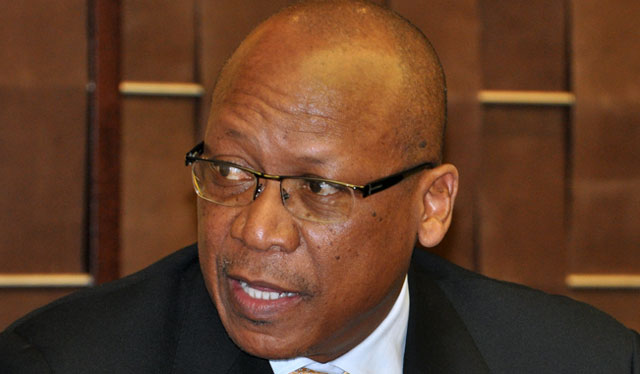
Government delays in issuing a final policy on high-demand radio frequency spectrum, needed for mobile operators to deploy broadband infastructure, has started affecting the quality of MTN South Africa’s network in some parts of the country, the mobile group’s CEO, Sifiso Dabengwa, has warned.
Dabengwa says MTN has engaged with the department of communications — now the department of telecommunications and postal services — as government works to formulate a policy position on allocating new spectrum, but no final policy has been forthcoming.
“We are getting to a stage in some parts of our business where we definitely do need additional spectrum. In some parts, the network quality is actually being affected by the unavailability of additional spectrum,” Dabengwa tells TechCentral.
Operators are keen for access to both the 2,6GHz and 800MHz bands. The latter band, known as the digital dividend, will be freed up when South Africa migrates from analogue to digital terrestrial television.
However, digital migration has been held up by years, first as government entertained alternative broadcasting technology standards and then as commercial operators MultiChoice and e.tv warred over whether the set-top boxes consumers will need to receive terrestrial broadcasts will use a control system.
Telecoms minister Siyabonga Cwele had promised to publish government’s final policy on digital migration by the end of July, but failed to meet his self-imposed deadline. — © 2014 NewsCentral Media




